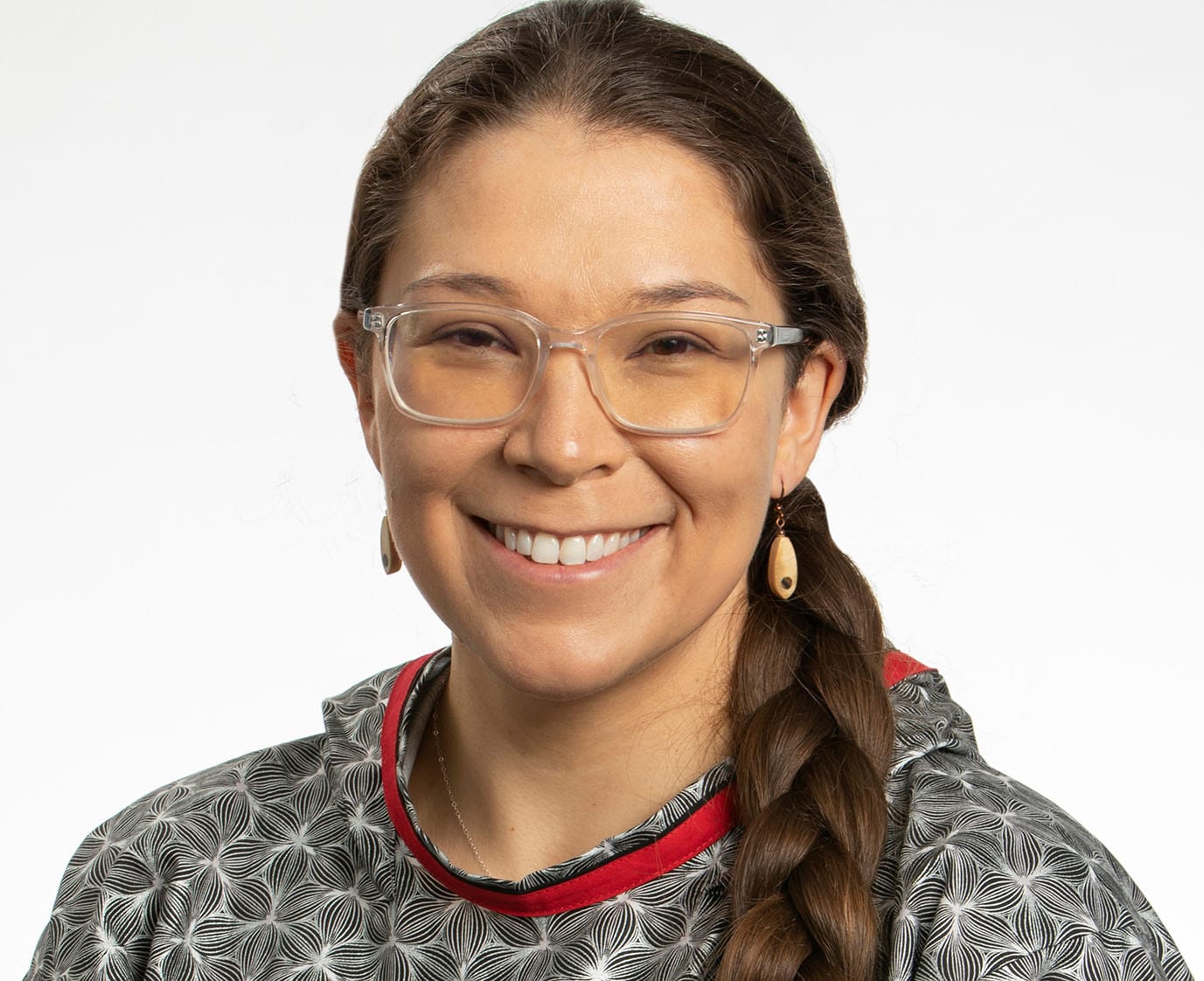KOTZEBUE, AK – NANA is pleased to announce that Elizabeth “Liz” Qaulluq Cravalho, vice president of lands, has been appointed by President Joe Biden to serve on the U.S. Arctic Research Commission (USARC). She will serve as an industry member on the commission through February of 2024.
Cravalho served on the Alaska Arctic Policy Commission for two years, where she provided recommendations to the Alaska Legislature on Arctic policy matters. Cravalho has experience working on responsible Arctic development and advising on Indigenous representation in Arctic research with NANA, the Inuit Circumpolar Council-Alaska and the Arctic Economic Council.
“I am honored to be appointed to the U.S. Arctic Research Commission as an industry representative and to follow in the footsteps of other leaders who have served, such as Marie Greene and Helvi Sandvik from northwest Alaska,” said Cravalho. “I look forward to serving with Dr. Sfraga and the new commissioners.”
At NANA, Cravalho is responsible for providing strategic leadership and management for programs that focus on the environmental protection and enhancement of NANA lands for subsistence use by shareholders and local communities. Cravalho is also a former board member and chair of the Alaska Humanities Forum, where she supported its work to build social bridges across Alaska’s diverse geography, cultures and communities. She holds a Master of Science in organization development from American University and a bachelor’s degree in history from Colorado College.
The USARC is a presidentially appointed body that outlines recommended scientific research goals and objectives for the Arctic and an integrated national Arctic research policy. The commission also builds cooperative links in Arctic research within the federal government, the State of Alaska and international partners.
“There are changes in the Arctic that are impacting communities, infrastructure and commercial operations. Arctic research has an important role to play in informing how we adapt locally, statewide and nationally to these changes,” said Cravalho.



